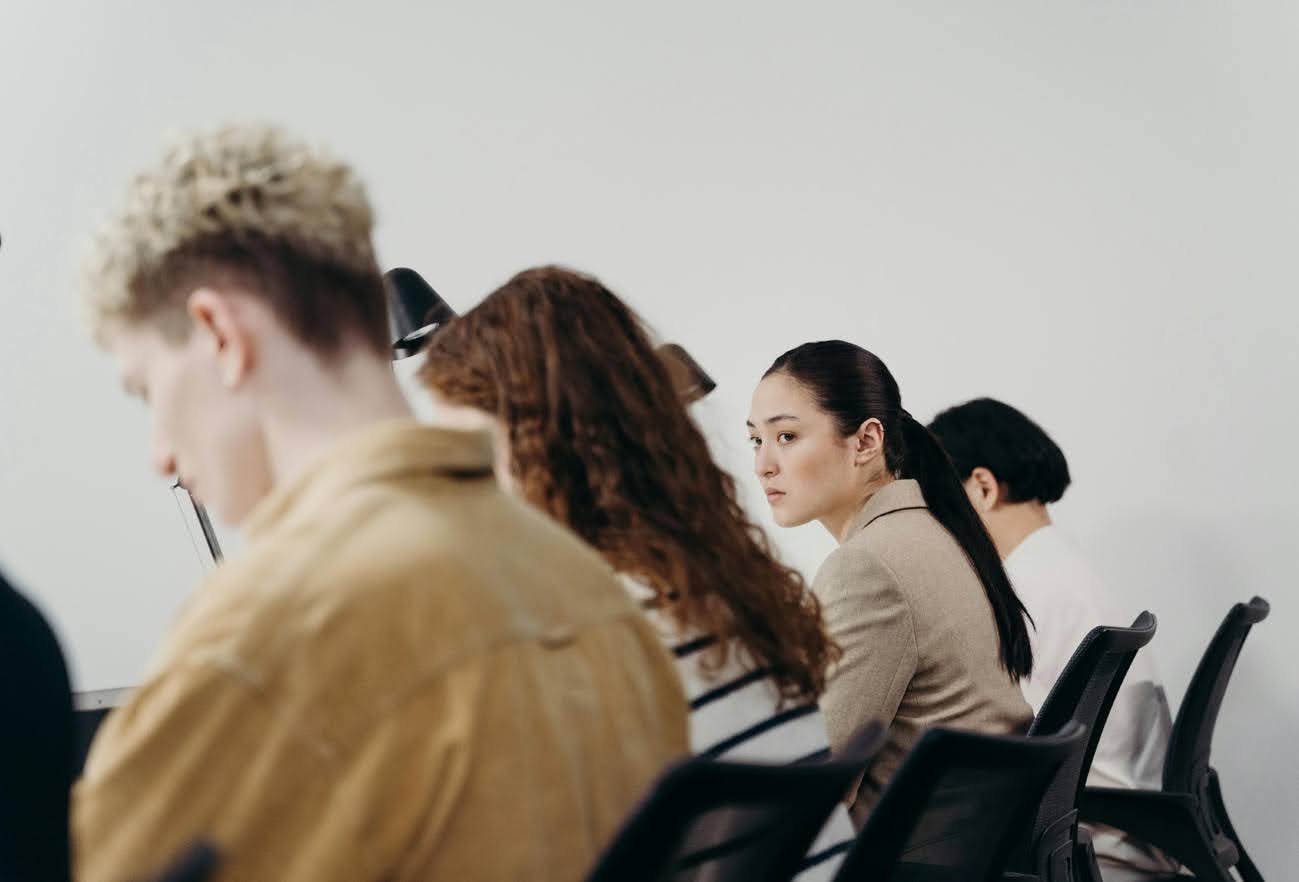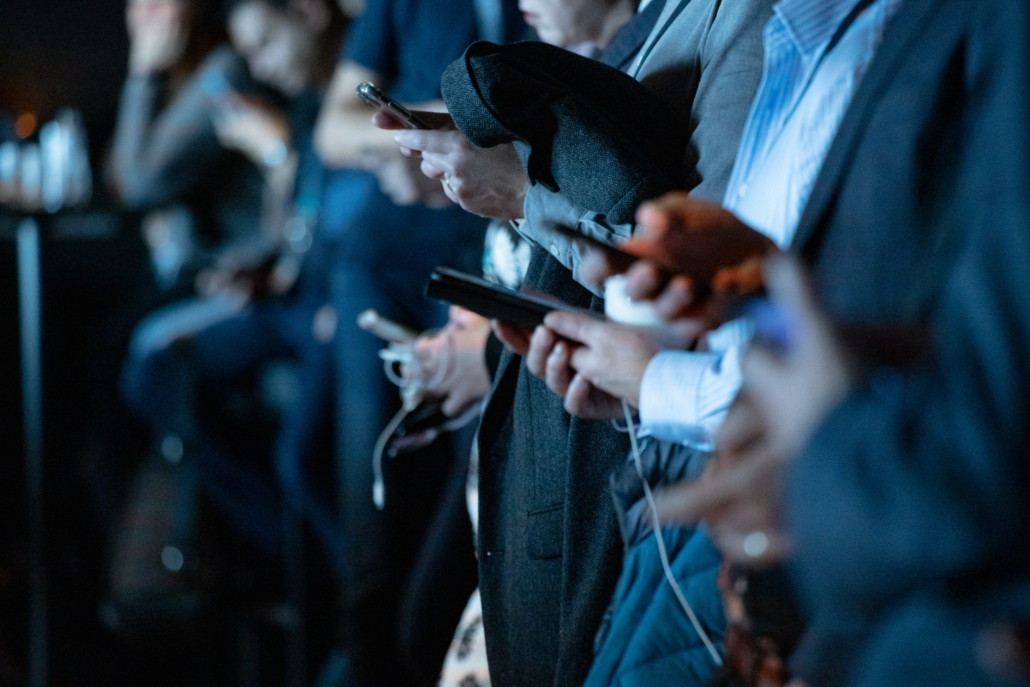Individuals and Groups
Content tailored to purpose-driven individuals and groups building collective understanding and impactful sensemaking
Harnessing collective minds for better career choices
This article examines career transition challenges through the lens of Danish philosopher Søren Kierkegaard's concepts of being "lost in the finite" (trapped by familiar roles and external expectations) versus "lost in the infinite" (overwhelmed by too many possibilities). The piece describes how people often define themselves by their resumes and past experiences, creating self-limiting career paths, while simultaneously experiencing anxiety when contemplating change due to the "dizziness of freedom" that comes with multiple options. Drawing on psychologist Rollo May's work, the article suggests that anxiety can serve as a catalyst for personal growth and creative innovation when properly harnessed. The piece identifies problems with traditional career advice sources like social media and Google searches, which provide fragmented and biased information, and frames career decision-making as requiring collective intelligence and multidimensional understanding of experiences from diverse individuals who have navigated similar transitions.
4 steps to generate change and its impact
This article presents a four-step framework for understanding and managing change, whether self-initiated or externally imposed. The piece acknowledges that change can have both positive effects (improved motivation, creativity) and negative impacts (stress, anxiety) on wellbeing. The four steps include: understanding your current situation by mapping out the status quo, catalysts, and stakeholders; identifying the end goal and variables that could impact progress; designing a path from current position to desired outcome while considering knock-on effects and consulting stakeholders; and implementing the change while monitoring other system components for unintended consequences. The article emphasizes the importance of understanding change as part of a larger system with interconnected components, suggesting that this systems thinking approach enables better assessment of impact and adjustment of strategies for optimal outcomes.
What is a humanity explorer? This is their DNA
This article defines "humanity explorers" as individuals from diverse backgrounds who share a curiosity about human behavior and societal systems. The piece describes three key characteristics: they come from various professional and personal contexts (designers, marketers, strategists, or simply curious individuals), with estimates citing 1 billion knowledge workers and up to 50% of adults in high-income societies as "cultural creatives"; they possess empathy and insight, leading to broader worldviews and creative problem-solving abilities; and they reject simplistic black-and-white thinking, instead seeking nuance and multiple perspectives to build comprehensive understanding. The article claims these individuals tend to make more sustainable decisions by considering various viewpoints and seeing themselves as part of larger systems rather than focusing solely on individual concerns. The piece positions humanity explorers as naturally inclined toward collective thinking and human-aware decision-making approaches.
Human skills wanted: humanness in an age of technology
This article discusses workforce adaptation needs in response to the Fourth Industrial Revolution and COVID-19 pandemic, referencing a World Economic Forum report stating that 50% of employees will need reskilling by 2025. The piece notes that while critical thinking and problem-solving remain top priorities, the pandemic has elevated distinctly human skills like active learning, resilience, stress tolerance, and flexibility. The author argues these human capabilities are irreplaceable by machines, particularly the ability to adapt perspectives and grow from traumatic experiences. The article suggests that understanding different perspectives enhances flexibility and resilience, and proposes that human active learning—which considers nuance and context that machines cannot account for—can be augmented with AI rather than replaced by it. Using an HR practitioner example, the piece illustrates how combining human insights with AI analysis could improve decision-making processes in a post-pandemic workforce environment.
The negative impact of social media on society
This article critiques major social media platforms following high-profile incidents like the Trump bans and WhatsApp privacy policy changes, arguing that these events revealed public unease about platforms' societal influence. The piece attributes social problems to the advertising-driven business model that creates detailed user profiles for targeted marketing, which the author claims has produced "deep polarization" as an unintended consequence. The article describes how algorithms serve advertisers rather than users, contributing to a "you're either with us or against us" mentality that the author argues has eroded discourse, empathy, and understanding. The piece suggests that society has reached a "crunch moment" requiring platforms that prioritize collective understanding over individual pontification, claiming this shift would actually benefit businesses seeking to understand customers as human beings rather than just demographic data points. It frames this as an opportunity to redirect society away from division toward comprehensive understanding.





